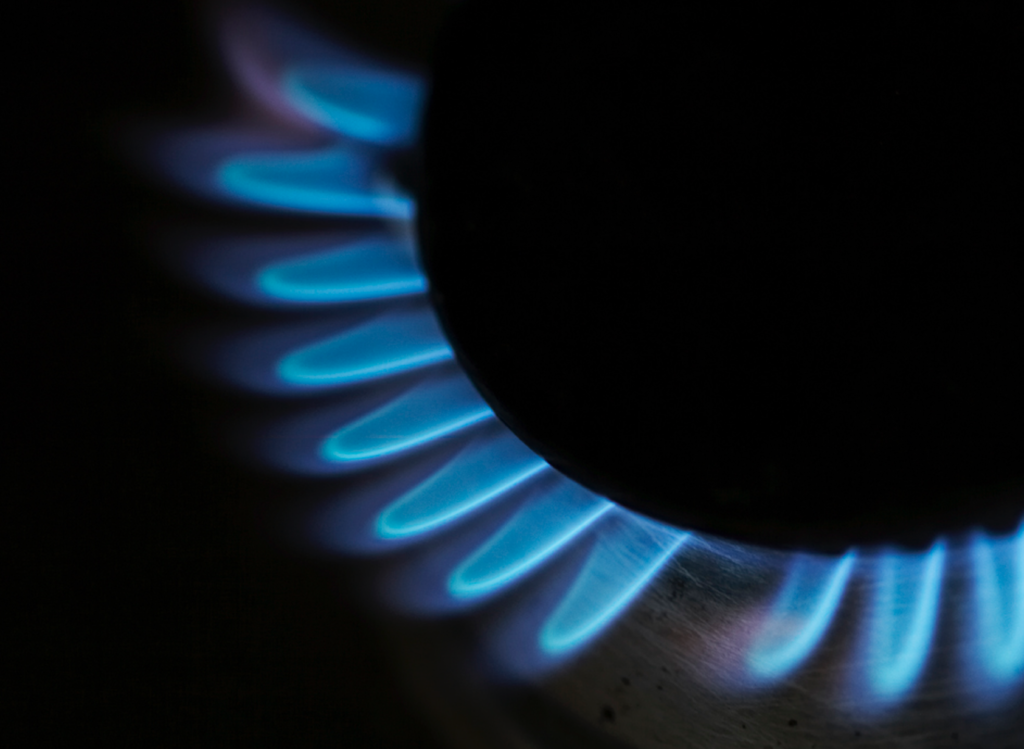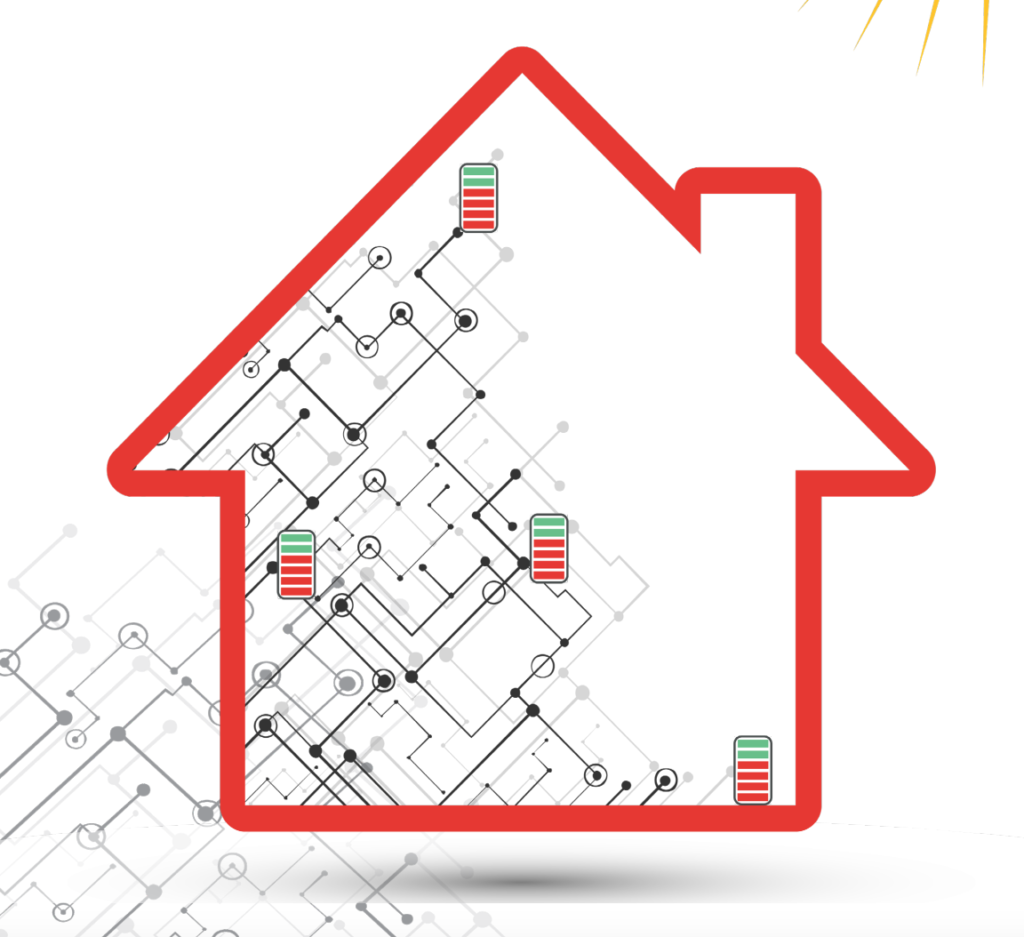Some experts have estimated that energy bills will remain at above-average levels until at least 2030. Researchers from a management consultancy have forecasted there will be little prospects of pre-2021 prices making a return for the remainder of the 2020s.

This rather gloomy forecast was announced around the same time as a survey from Uswitch, which suggests there is a 52% increase in households that are in debt to their energy supplier while an estimated six million households are said to owe money to their provider. The six million homes now owe an average of £188 to their provider, which is £58 more than around this time last year. The number of households in credit with their supplier has reportedly fallen by 18% compared with around this time last year.
What people are doing to save:
Some 80% of consumers have attempted to cut down their energy usage at home due to the rising energy costs. 30% have turned down the thermostat, 33% only use the heating on cold days, and 15% have turned off their heating entirely. Sadly this situation is going to get worse come October when there is another energy price rise expected.

Energy Saving Tips:
While we have mentioned these tips more than once before, we make no apology for mentioning them again. They are simple and easy tips to help you.
1. Energy Saving Bulbs. Save around £35-£40 a year with LED/Energy Saving Bulbs. Although they cost more to buy they use less energy and last a great deal longer than regular bulbs.
2. Lower Your Thermostat Temperature. You can save between 2-4% on your heating for each degree you drop on your thermostat. An easy way to save here is to drop the temperature 1 degree at a time and keep doing this over several days until you arrive at a temperature that you find comfortable. It could easily save 10% or more off your heating costs.
3. Cover Bare Floors – A rug is a great way to cover a bare floor and reduce heat loss. Some people do like the look and feel of a bare floor. However, it is not that energy efficient. So unless you can’t live without a bare floor we would suggest covering it either totally with carpet, or even just a rug.
4. Unplug Battery Chargers – A battery charger often uses current when not in use, but when still plugged in. When you are not charging a battery simply remove it from the socket or switch it off to save.
5. Select Energy Saving Appliances – Take the time to look for energy-saving appliances when the time comes to renew. EU efficiency labels score appliances from A+++ to D, the former being the most efficient. The more efficient an appliance, the cleaner it will be for the environment, and it will be cheaper to run too.
6. Dust Your Fridge – The coils fitted to the back of your fridge collect dust, and over time can become less efficient, costing you more to run, as the appliance efficiency reduces. Taking less than a minute to dust every few months will save you money.
7. Block Out The Sun – If you have air conditioning, ensure it does not need to work excessively hard and use unnecessary energy, by using shades and blinds where possible.
8. Hob and Pots – Many people waste energy by cooking on a hob, which is too big for the pan. Always ensure you match the hob with the pan. This is an easy way to save money and energy. It also helps avoid boiling over too!
9. Reduce Your Water Temperature – Many households have their water far too hot, which is a waste. A quick and easy tip here is to reduce the water temperature in small intervals until you reach a level you are happy with (i.e the lowest temperature, which is still comfortable to use).








